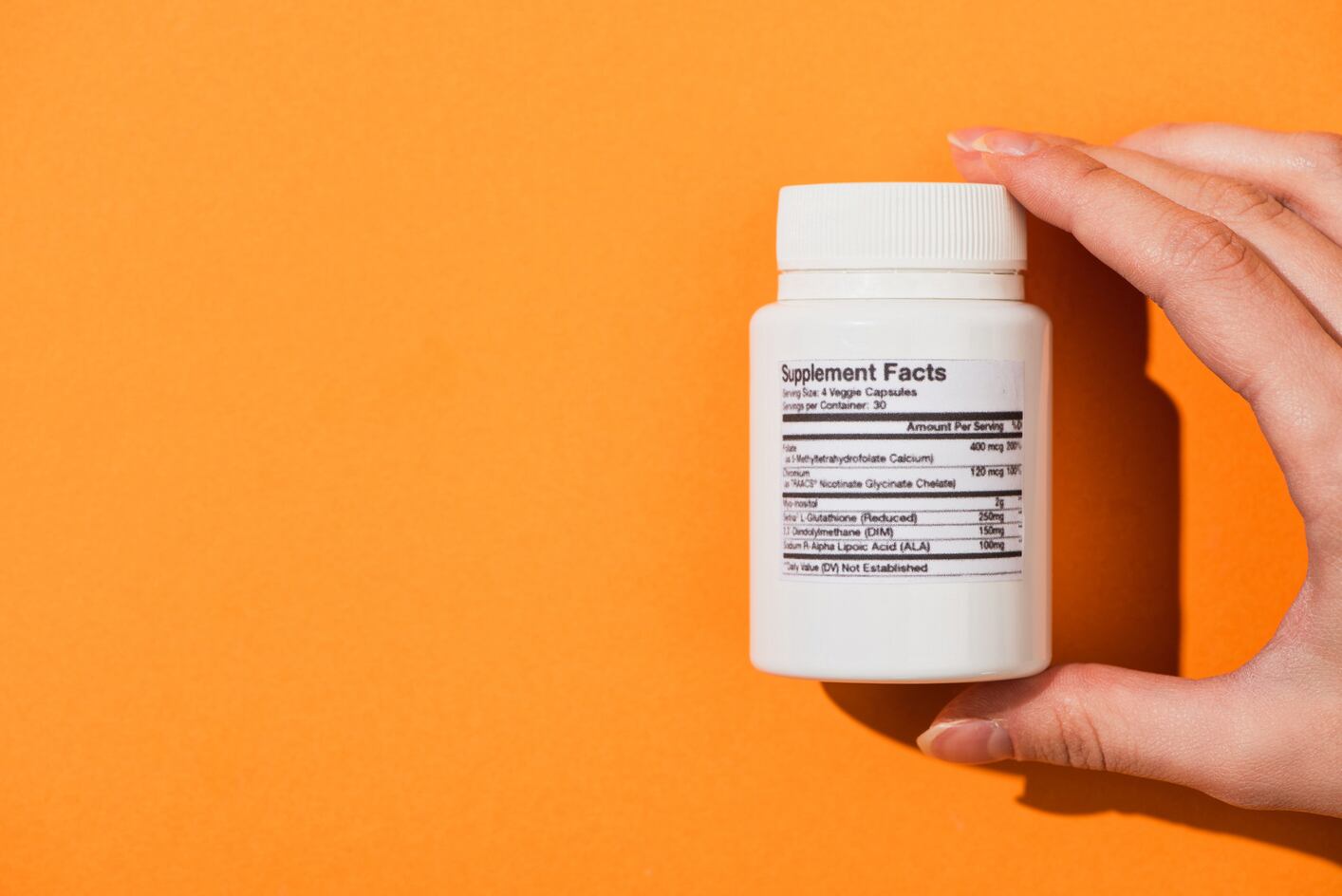In a blog post on February 24, Dr Califf stated: “Dietary supplements should be required to list with the FDA and companies should be accountable for revealing what is in the supplement being sold.
“In the long run we will have more information about the benefits and risks of dietary supplements as our methods of evidence generation improve, and I hope for a regulatory regime that can encourage better information for consumers to be informed about their choices.
“Although it will take some time to achieve the optimal regulatory framework, given the size and impact of the industry, we need to constantly update our internal approach and build awareness.”
MPL
Attempts to mandate a dietary supplement product listing gained momentum in 2022, led by efforts by Senator Dick Durbin, D-IL.
MPL would require dietary supplement manufacturers to notify the US Food and Drug Administration before bringing a product to market and to upload label information to a central database.
All efforts ultimately failed to introduce such a requirement at the end of 2022, but FDA has continued to call for an MPL in 2023.
The measure split the dietary supplements industry, with some trade associations supporting MPL, notably the Council for Responsible Nutrition (CRN), while others opposed it, like the American Herbal Products Association (AHPA) and the Natural Products Association (NPA).
In response to the new blog posting, Loren Israelsen, president of the United Natural Products Alliance (UNPA), told us that he was struck by Dr Califf’s statements about the enormous size, influence, and impact of the industry on both Congress and consumers. We seemed to have been singled out in his statement with regard to our level of clout and influence, I think our response is thank you.
“On his clear message that he thinks companies should list their products with FDA. This confirms MPL as a very high priority at FDA,” said Israelsen. “It’s also interesting that he thinks we should be accountable for revealing what is in supplement being sold. Well, we do. DSHEA lays out the rules on this and all but the dishonest disclose the ingredients and amounts on the Supplement Facts Panel. So there are 2 possibilities here, a change to the proprietary blend provision of DSHEA (knocking out the little IP we have) or he is referring to those that spike products, which are then illegal drugs or adulterated dietary supplements. We oppose the first and urge the Commissioner to zero in on those that spike or mislead consumers.”
On the Commissioner’s statement about wanting “better information for consumers to be informed about their choices”, Israelsen said he shares that interest. “We now live in the age of instant access to information, the question is what is true? Our companies should be able to communicate truthful and not misleading information to consumers on labels and in supporting materials and be responsible to support such statements. Is that not far better than the information free for all we now deal with? On any subject. Perhaps we should no longer look at this as a binary choice - drugs makes claims, no one else can. The issue today is what is true, who can support what they say, and perhaps accept that the old dichotomy of food vs. drugs is no longer a workable system.
On the last part of Dr Califf’s statement about achieving an optimal regulatory framework for dietary supplements, Israelsen said he “would love to hear more about that”.
Visibility
Steve Mister, CRN’s President and CEO, welcomed Dr Califf’s inclusion of a listing on his list of priorities.
“This tool that will give the agency and consumers increased transparency into the supplement marketplace without unreasonable burden or expense to the industry,” said Mister. “It will also provide visibility into the ingredients being used, the claims being made, and who manufacturers and markets particular products. CRN is proud of the Supplement OWL and the companies who participate in it, but accountability can only be achieved if the registry is mandatory. Responsible industry members who want a level playing field and more consistent enforcement should support it.”
Speaking with NutraIngredients-USA earlier this year in a video interview, Mister said that he expects conversations about MPL to continue, but “we have to be practical about the politics we’re living in right now – the new House of Representatives is very much interested in oversight and investigation, less likely to give an agency a new tool to exercise a new authority.
“It is a huge missed opportunity for the industry… We need to show ways that we can address online products that are not compliant and mandatory listing had the opportunity to get the major online players to the table.”
CHPA: Increasing innovation, transparency, and informed decision-making
The Consumer Health Products Association (CHPA), also released a supportive statement, with Scott Melville, CHPA President and CEO, telling us: “CHPA has long advocated for a modernized dietary supplement framework that will increase innovation, transparency, and informed decision-making. We’re encouraged to see FDA state it is aligned on those goals and agree with Dr. Califf’s comments that dietary supplement manufacturers should be required to list their ingredients with the FDA.
“However, listing is only part of what is needed to enhance safety and build trust with consumers, and any modernization of existing framework should also include more comprehensive reforms in order to properly balance consumer access with FDA oversight.
“Having worked for more than six years to get landmark legislation to reform the OTC Monograph system across the finish line, CHPA echoes Dr. Califf’s comments that significant changes take time to ensure success. CHPA and our members look forward to continuing to work with Congress, FDA, and other stakeholders to develop a modernized framework that ensures consumers have ready access to safe, beneficial, and innovative dietary supplements.”
NPA: No one can clearly articulate what MPL will do for public health
On the other side of the debate is NPA, which continues to oppose all efforts to introduce a mandatory listing.
“In a stalemated congress it’s time to truly look inwards and seeing what needs to be done to be a better regulator and solve important regulatory problems versus chase some pipedream about an MPL that frankly, no one can clearly articulate what it will do for public health,” said Daniel Fabricant, NPA’s CEO and president. “The seances where people chant “transparency” and other word salad don’t hold any regulatory nutritional value, the agency can get labels now on inspection or over on the NIH DSLD, this is the FDA commissioner, after all, he can assign the field to collect labels and divert resources to such an effort.
“If that hasn’t been done [and to my knowledge it hasn’t] what is the point of blogging about the need to get labels. That makes it clear FDA doesn’t really want them. It seems that FDA is more focused on creating a regulatory structure to let third party commerce platforms be the regulator, per the listing/MPL function the result would be “if you aren’t on the list, we can’t sell your product” versus looking inward at actions, and being accountable at how the agency is using current authorities, which in some cases is not at all.
“The recent dialogue on CBD shows that the agency is less than interested in the NDI process, that’s not their call, that’s the process congress put in place and the interesting thing is the agency just fought for summary judgment to uphold the ability for food companies to do self-GRAS, how does that equation get balanced. Maybe we should look at a self-NDI notification process.
“There clearly needs to be a GAO or OIG on how the agency is taking great pains to make unnecessary challenges for the dietary supplement space versus protecting and promoting public health with what’s available today, not what they wish it would or could be.”





